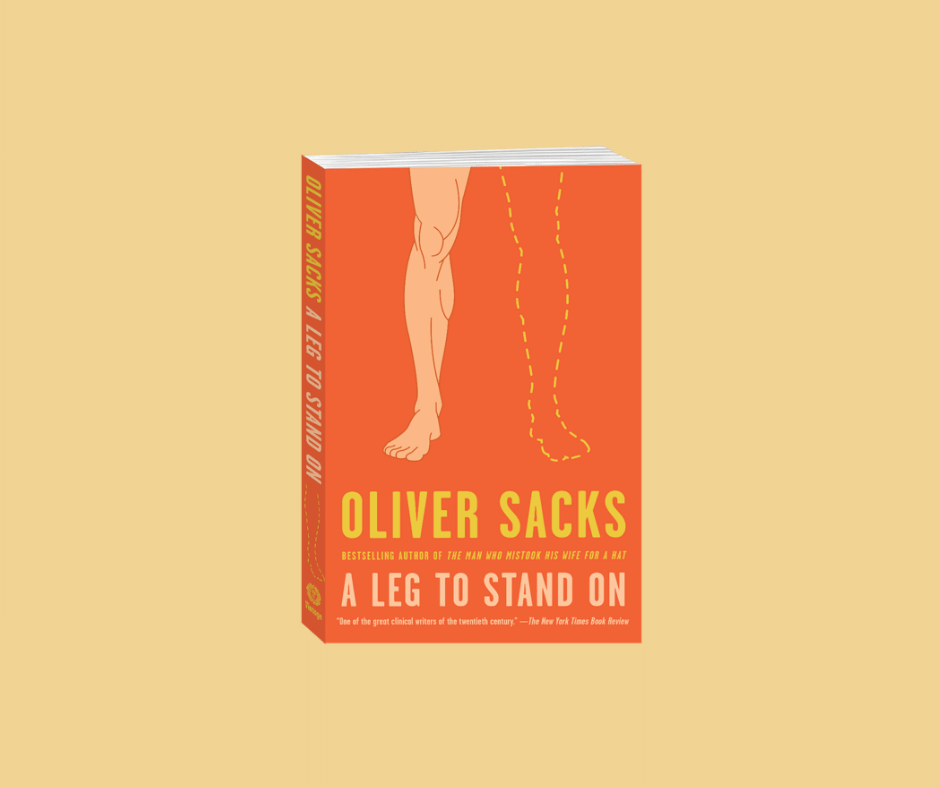- Joined
- Nov 2, 2019
- Messages
- 3,601
- Reaction score
- 14,884
I know we keep complaining for them to change the board cert process but I really hope they keep it just how it is. They'll get what's coming....
I'm on the fence about that, because yeah, on the one hand the ABR needs to realize the trivia hazing contest they call Board Certification is over the top and dozens of departments need to realize that it's called residency "training" and the contract is "service for education", not "service for more service and the opportunity to memorize textbooks on nights and weekends"...
...but on the other hand those realizations will come on the backs of future residents, YEARS into their training, who may have been misled by senior members of the field.
I have zero sympathy for those medical students who think they're special, who have heard our warnings and decided they're better than average and can beat the odds. I sympathize with the medical students who have been swayed by elder, delusional members of this field who don't grasp fundamental market forces and think "it worked out for me, it will work out for you".


